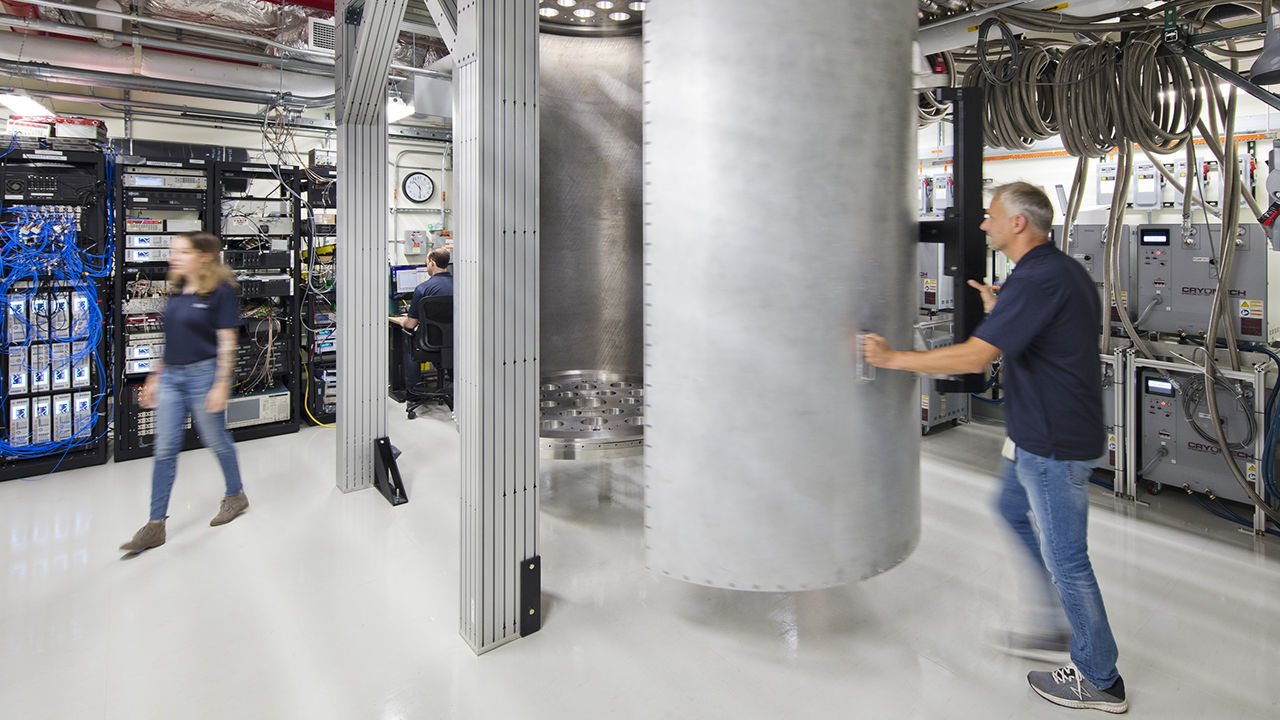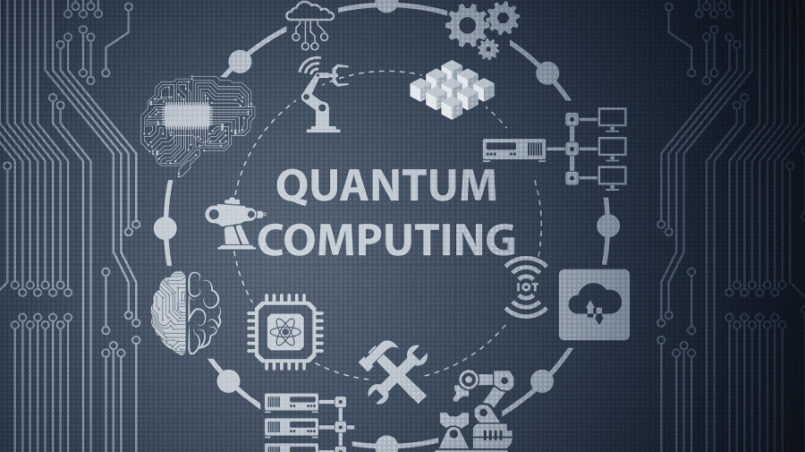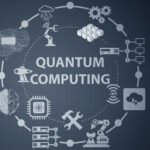Quantum computing harnesses the phenomena of quantum mechanics to deliver a huge leap forward in computation to solve certain problems.Quantum computing is the exploitation of collective properties of quantum states, such as superposition and entanglement, to perform computation. The devices that perform quantum computations are known as quantum computers.
Quantum computers perform calculations based on the probability of an object’s state before it is measured – instead of just 1s or 0s – which means they have the potential to process exponentially more data compared to classical computers. A single state – such as on or off, up or down, 1 or 0 – is called a bit.
Why Quantum Computers?
Until now, we’ve relied on supercomputers to solve most problems. These are very large classical computers, often with thousands of classical CPU and GPU cores. However, supercomputers aren’t very good at solving certain types of problems, which seem easy at first glance. This is why we need quantum computers.
How Quantum Computers work?
Superposition frees us of from binary constraints. A quantum computer works with particles that can be in superposition. Rather than representing bits — such particles would represent qubits, which can take on the value 0, or 1, or both simultaneously. “If you do something to [such a quantum system], it’s as though you are doing it simultaneously to 0 and to 1,” explains Richard Jozsa, a pioneer of quantum computing at the University of Cambridge.

Obstacles
There are a number of technical challenges in building a large-scale quantum computers.
- Physically scalable to increase the number of qubits
- Qubits that can be initialized to arbitrary values
- Quantum gates that are faster than decoherence time
- Universal gate set
- Qubits that can be read easily
Quantum Computing Applications to Know
- Cybersecurity
- Drug Development
- Financial Modeling
- Traffic Optimization
- Artificial Intelligence
- Weather Forecasting and Climate Change
- Electronic Materials Discovery
Current State of Quantum Computing
- Noisy-Intermediate Scale Quantum ○ 10s to 100s of qubits
- Moderate error rates
- Limited connectivity
- No error correction
CONCLUSION
Above all, quantum computing is an emerging technology. The clock frequency of current computer processor systems may reach about 40 GHz within the next 10 years. By then, one atom may represent one bit.Quantum Computing is a new and exciting field at the intersection of mathematics, computer science and physics. It concerns a utilization of quantum mechanics to improve the efficiency of computation.





